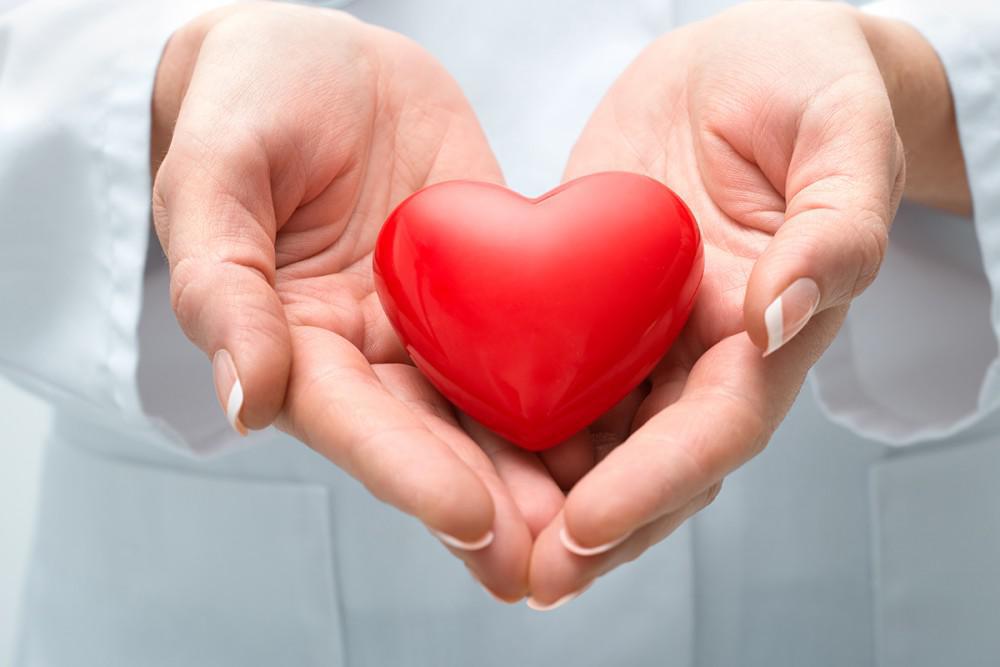If you’ve ever had the sensation that your heart is beating in an unexpected way, you’re familiar with the feeling of heart palpitations.
Heart palpitations are usually not serious. However, it’s very important to have them evaluated to rule out a potentially problematic heart condition.
Here at HeartCare Associates of Connecticut, LLC in Hamden, Connecticut, our providers are experts at diagnosing and treating a full range of heart conditions, including heart palpitations. We’d like to share this important information about the causes of heart palpitations with you.
About heart palpitations
When you have heart palpitations, you become aware of your heart beating in a way that’s different from your usual heartbeat. You may feel that your heart is doing any of the following:
- Racing or beating quickly
- Pounding
- Skipping beats
- Fluttering
- Beating in a way that you feel in your throat or neck
- Beating in a way that seems to extend beyond your heart area and into your full chest
- Flipping or flopping
Heart palpitations may be accompanied by difficulty breathing, dizziness, or lightheadedness.
Causes of palpitations
Heart palpitations can have a variety of causes, including the following:
Anxiety, panic attacks, or stress
When you feel anxious or stressed, your heart rate can speed up. You may also become more aware of the beating of your heart.
Strenuous activity
Exercise elevates heart rate because your body is speeding up the delivery of oxygen-rich blood to your cells.
Caffeine and nicotine
These stimulants increase blood flow and raise your heart rate.
An overactive thyroid
Your thyroid regulates your metabolism and many other body processes. When it’s overactive, a condition known as hyperthyroidism, your heart may beat too fast. Likewise, when you have an underactive thyroid (hypothyroidism), and your prescribed dose of thyroid hormone is too high, you may experience heart palpitations.
Low blood levels of potassium
A low level of potassium in your blood can interfere with a normal heartbeat, increasing the rate.
Certain drugs and medications
Drugs that stimulate your body, including some types of antidepressants and certain medications used to treat colds or asthma, can cause an increased heart rate. Palpitations can also occur in people who use cocaine or other street drugs.
Serious heart conditions
In most cases, heart palpitations are not a sign of a serious heart condition. But, occasionally, they can signal the presence of conditions such as arrhythmia, atrial fibrillation, or heart failure. The only way to know for sure what’s causing your heart palpitations is to receive a medical evaluation.
Reducing palpitations
Palpitations can often be reduced through lifestyle modification. For example, if your palpitations are linked to anxiety or stress, relaxation strategies such as meditation or yoga can help calm you down. If they occur because of excess caffeine intake, switching to decaf may help.
Have your palpitations checked
If you’re experiencing heart palpitations or other symptoms, HeartCare Associates of Connecticut, LLC is here to help. We can perform a comprehensive exam to discover the underlying cause of your heart palpitations and help get you back to normal.
To schedule an appointment with one of our providers give us a call at one of our many locations, or book an appointment online.







